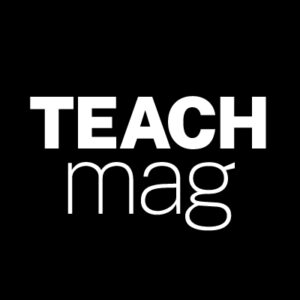Originally published in TEACH Magazine, March/April 2019 Issue
With the arrival of the warm weather, we often find ourselves doing some spring cleaning. It’s easy enough to simply toss things we don’t use or need, but what happens after we place our unwanted items in recycling or garbage bins? This is a good opportunity to help students think about the amount of garbage they produce and show them the importance of reducing waste before reusing or recycling it.
Consider visiting your local disposal facility. Many of them offer educational tours that show visitors firsthand the enormous and complex process of managing waste. Check out the following suggestions for your next field trip or find a similar facility in your area.
Edmonton Waste Management Centre
Edmonton, AB
Book a school tour to visit the Edmonton Waste Management Centre. Students will discover how recyclables are sorted, organic materials are turned into compost, e-waste is recycled, and how waste is converted into methanol and ethanol. The tour is for Grades 4–12 and takes 2 hours. There is a limit of 35 participants per tour, including adults.
Guelph Waste Diversion Education Centre
Guelph, ON
On this interactive guided tour, students will learn how Guelph’s organics, recyclables, and garbage are collected and processed, and how to minimize and divert the amount of garbage we produce. Kids will be able to touch and feel recycled materials at different stages in the recycling process, see how the organic waste processing facility operates, and learn how to minimize waste at home by sorting it properly. The Education Centre is best suited for groups of 30 people or less.
Ottawa Valley Waste Recovery Centre
Ottawa, ON
The Ottawa Valley Waste Recovery Centre offers a variety of educational programs for Grades K–12. Some of their programs include: a Princess and Water Fairy skit for the youngest students; learning about greenhouse gases; and becoming an electronic waste steward. The programs are run by educational staff and connect to the local curriculum.
Vancouver Waste-to-Energy Facility
Vancouver, BC
On this exciting tour, students will discover how 25 percent of Metro Vancouver’s garbage (280,000 tonnes) is turned into electricity that is enough to power 15,000 homes per year. The tours are available for Grades 5–12 and they take 1.5 to 2 hours. The maximum class size permitted is 32 students. The tours are available on Wednesdays and Thursdays.
TEACH is the largest national education publication in Canada. We support good teachers and teaching and believe in innovation in education.


